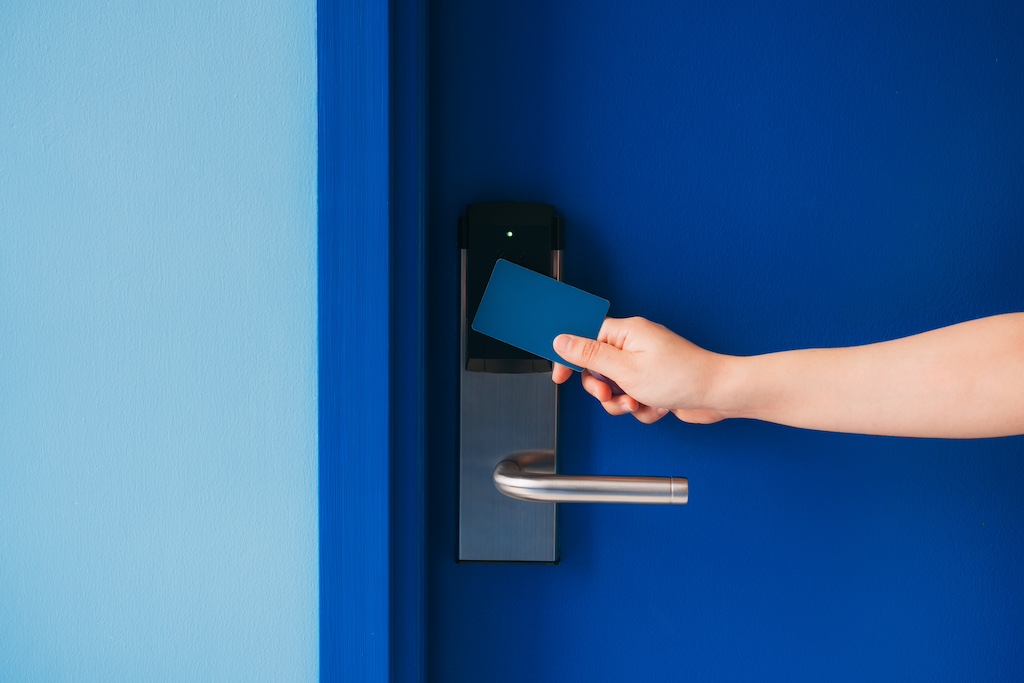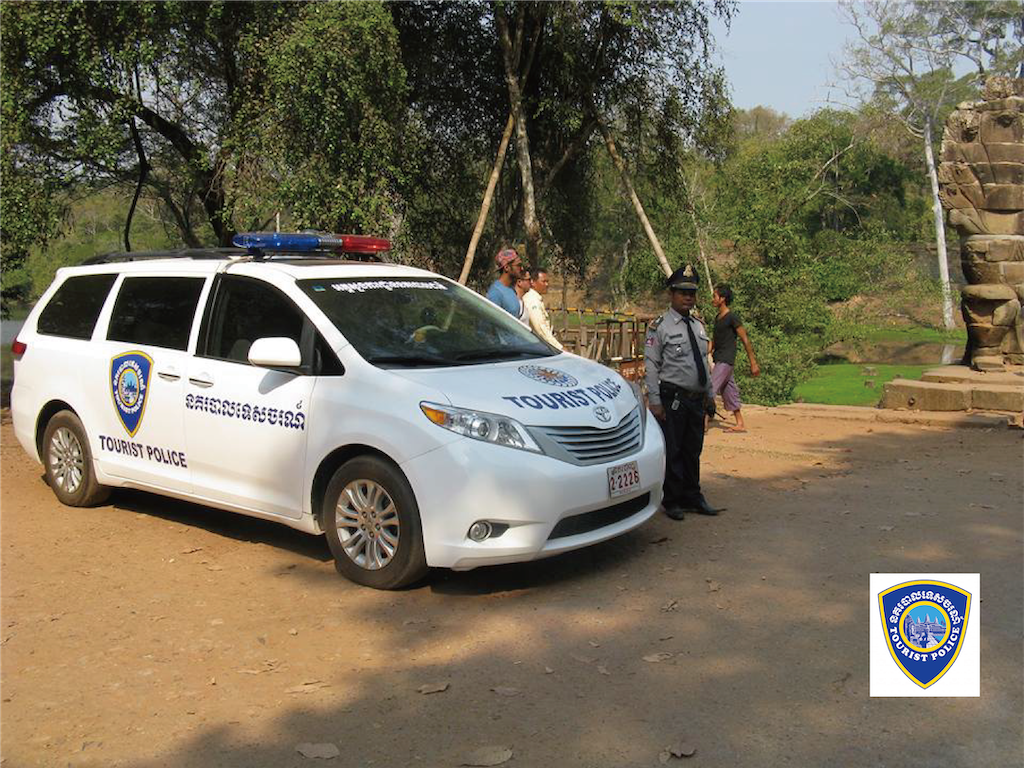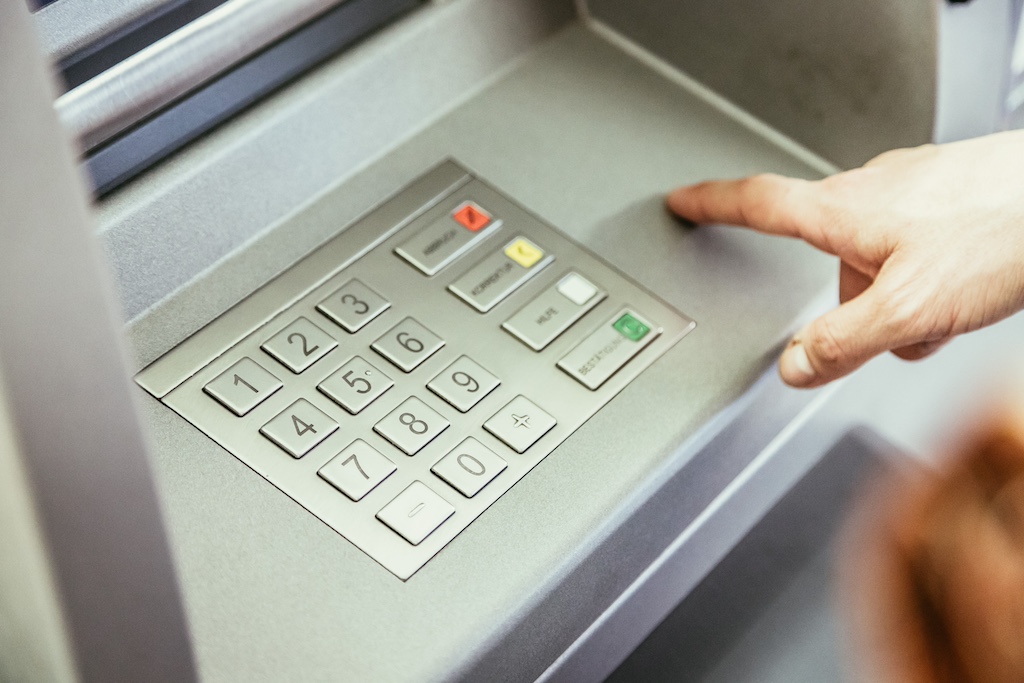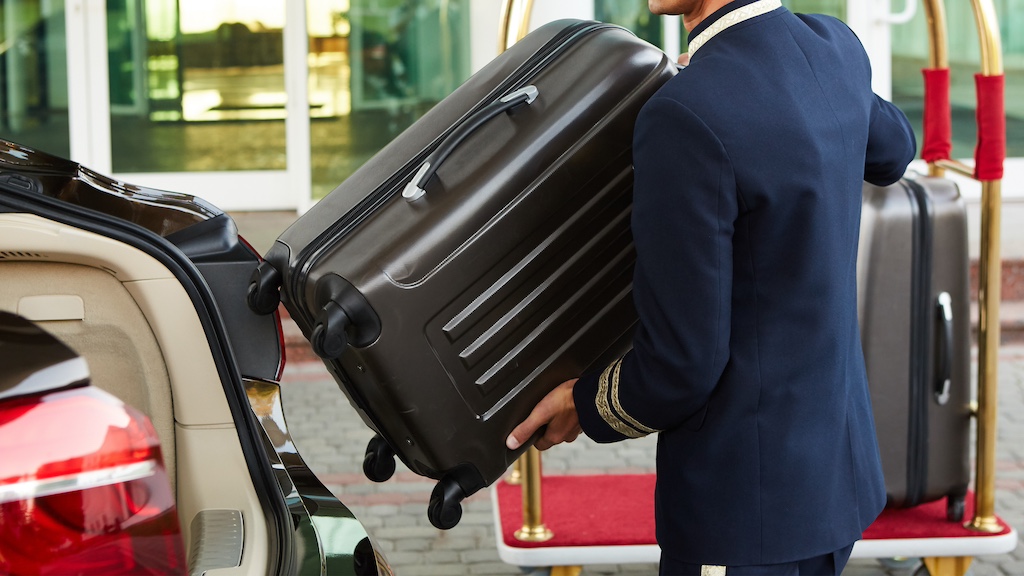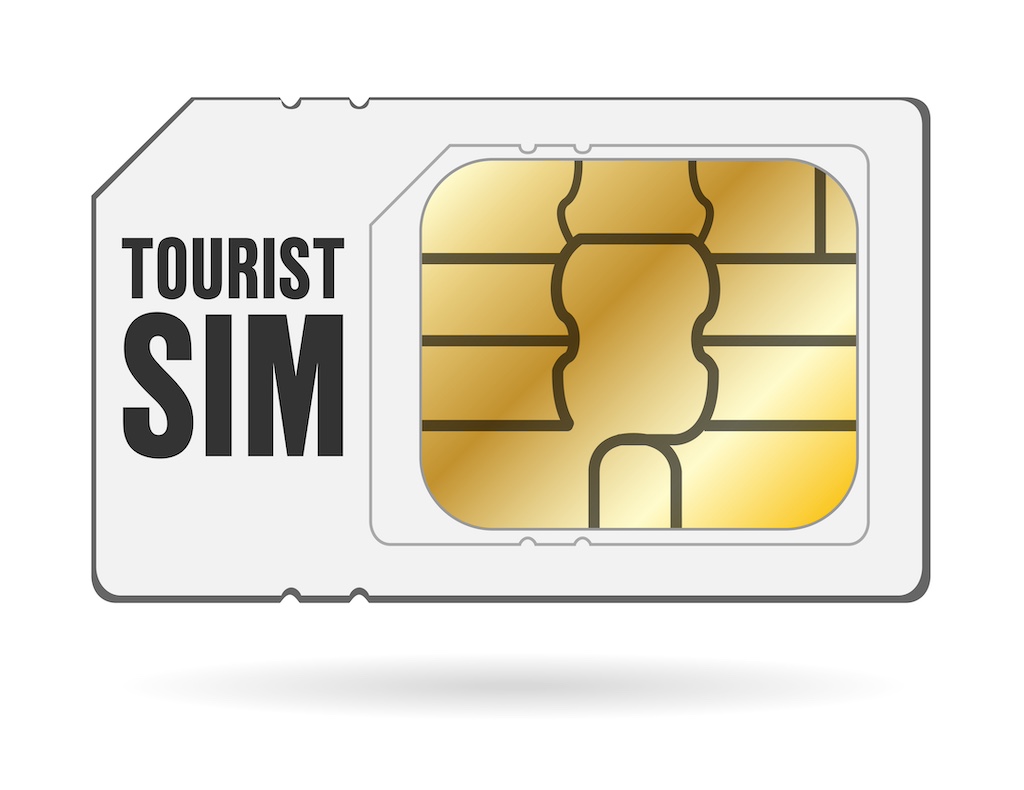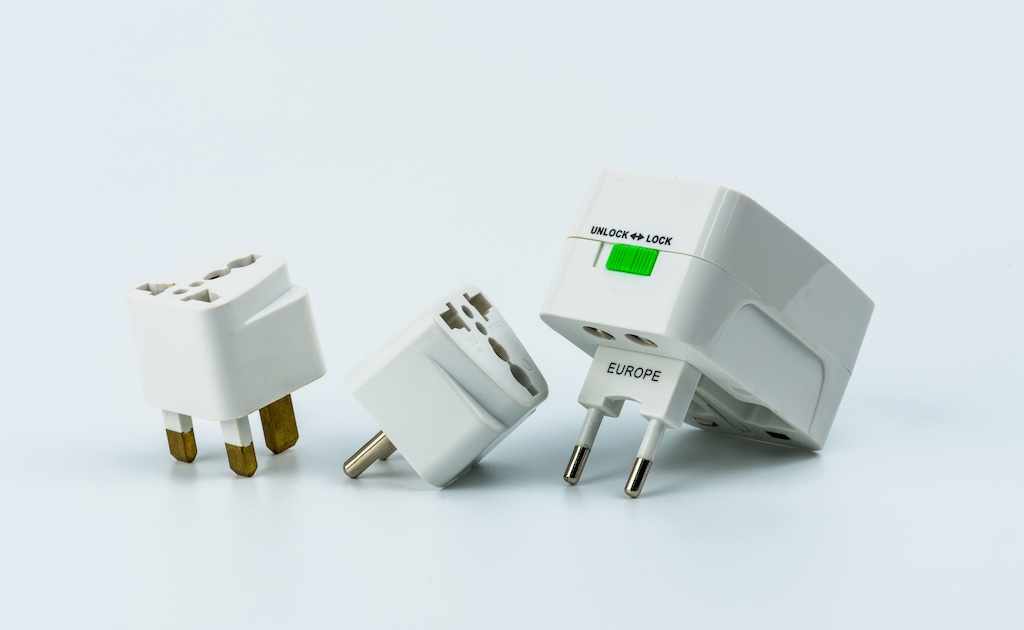Navigating Safety and Security in Siem Reap: A Comprehensive Guide for Travelers
Safety and security are paramount concerns for any traveler, and Siem Reap, Cambodia, is no exception. This historic city, home to the famed Angkor Wat, offers a mesmerizing blend of ancient architecture, vibrant street life, and lush landscapes. As a traveler, understanding the nuances of safety and security in Siem Reap ensures not only peace of mind but also a more enjoyable and immersive experience. Siem Reap is generally considered safe for tourists, but like any popular destination, it has its share of safety considerations. This comprehensive guide delves into various aspects of safety and security in Siem Reap, from navigating the bustling streets to understanding local laws and customs. We will explore practical tips on health and medical services, highlight the importance of respecting cultural heritage, and discuss eco-friendly practices that contribute to a sustainable travel experience. The city's low crime rate and friendly locals make it a welcoming place for travelers. However, awareness of common tourist scams, local traffic conditions, and areas to avoid at night is crucial. We'll provide insights into the local police and legal system, emergency contact information, and how to safeguard your belongings and personal safety. Siem Reap's tropical climate and unique ecosystem also pose natural safety considerations. From staying hydrated and avoiding heatstroke to being aware of local wildlife and natural hazards, we cover essential environmental safety tips. Additionally, we will touch upon the importance of travel insurance and how to access consular assistance if needed. By understanding these key safety and security aspects, travelers can fully immerse themselves in the beauty and culture of Siem Reap without unnecessary concerns. Whether exploring ancient temples, engaging with local communities, or savoring Cambodian cuisine, this guide aims to equip you with the knowledge for a safe and unforgettable journey.
GENERAL SAFETY TIPS FOR TRAVELERS IN SIEM REAP Siem Reap, while generally safe, requires travelers to exercise standard precautions. Stay vigilant in crowded areas like markets or tourist hotspots to avoid pickpocketing. Avoid isolated areas, especially at night, and always keep your hotel's contact information handy. When exploring the city, consider using authorized transportation services rather than hailing street taxis. Keep copies of important documents like passports and travel insurance separate from the originals. Respect local traditions and dress codes, especially in religious sites, to avoid drawing unwanted attention.
UNDERSTANDING LOCAL LAWS AND CUSTOMS Familiarize yourself with Cambodian laws and cultural norms to navigate Siem Reap safely. Drug offenses carry severe penalties, including imprisonment. Gambling is illegal for Cambodian citizens but legal in licensed casinos for foreigners. Respect religious customs – avoid touching sacred objects or entering temples with inappropriate attire. Public displays of affection are frowned upon. Always ask for permission before photographing locals, especially monks. Understanding and respecting these norms not only ensures your safety but also enriches your cultural experience.
NAVIGATING HEALTH AND MEDICAL SERVICES Siem Reap offers adequate medical facilities, but for serious conditions, medical evacuation to a country with advanced healthcare might be necessary. Travel health insurance is therefore indispensable. Common health issues include dehydration, heat exhaustion, and traveler’s diarrhea. Drink bottled water, use sunscreen, and wear hats for sun protection. Pharmacies are widely available, but it’s advisable to bring essential medications from home. In case of medical emergencies, Royal Angkor International Hospital is the primary healthcare center catering to foreigners.
ENVIRONMENTAL SAFETY: DEALING WITH WILDLIFE AND NATURAL HAZARDS While Siem Reap’s natural landscape is breathtaking, it comes with its own set of environmental hazards. The region's wildlife, though fascinating, should be observed from a distance – never feed or provoke animals. Be cautious when trekking in rural areas; wear proper gear and stay on marked paths. During the rainy season, be aware of slippery paths and flooding, especially if visiting remote temples or rural areas.
EMERGENCY CONTACTS AND CONSULAR ASSISTANCE Keep a list of emergency contacts, including the local police (117), ambulance services (119), and the tourist police (012-402424). Most hotels can assist with contacting these services if needed. Foreign nationals should also have the contact details of their respective embassies or consulates. In case of legal issues or serious emergencies, consular assistance can be invaluable. It’s advisable to register with your embassy upon arrival for additional safety.
SCAM AWARENESS AND PERSONAL SECURITY Be aware of common tourist scams such as overpriced tuk-tuk rides, unauthorized tour guides at temples, or fake charity donations. Always agree on a price before accepting services and use licensed guides for tours. Avoid carrying large sums of cash or displaying expensive jewelry and gadgets. Utilize hotel safes for valuable belongings. In crowded places, use anti-theft bags or keep your belongings in front pockets.


